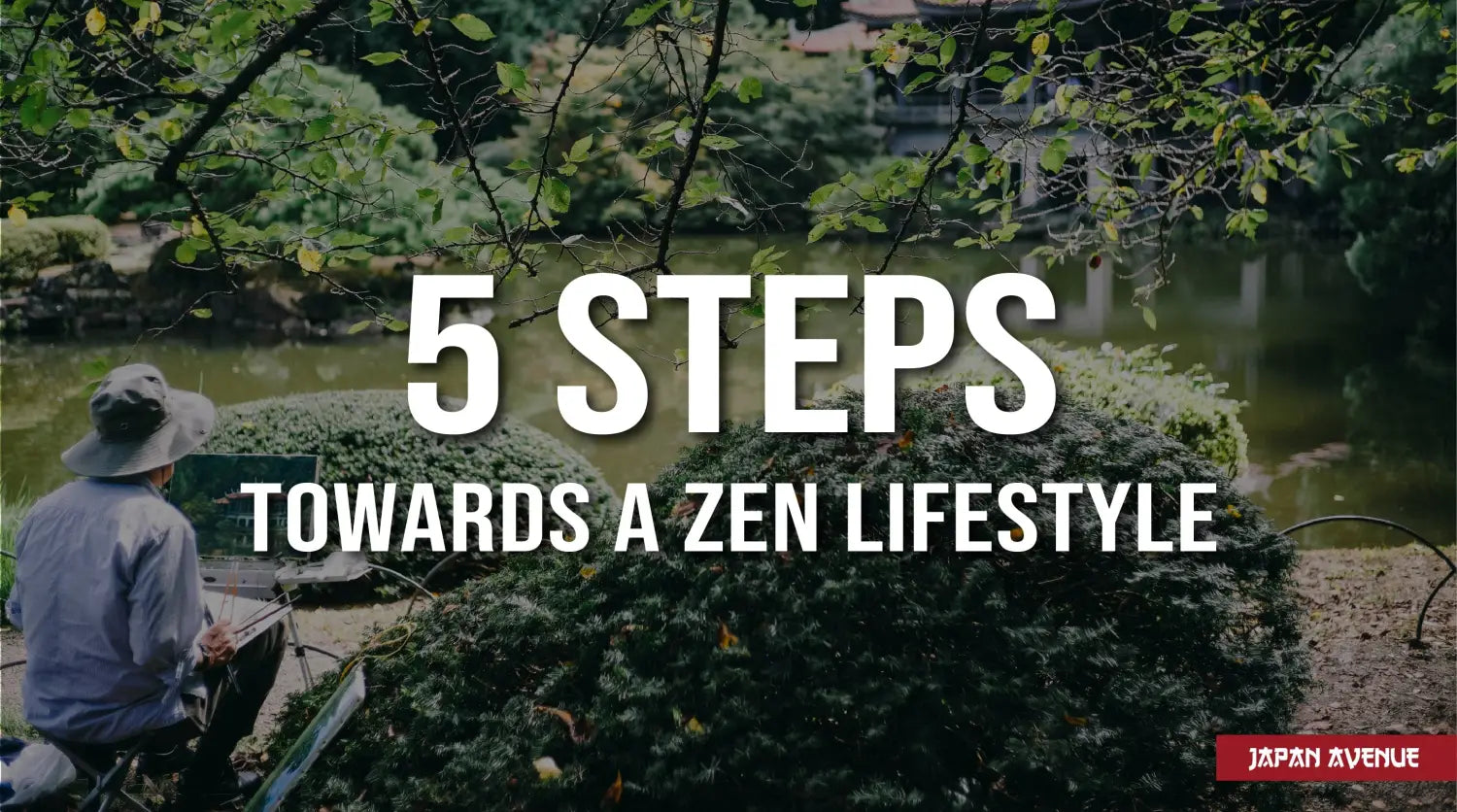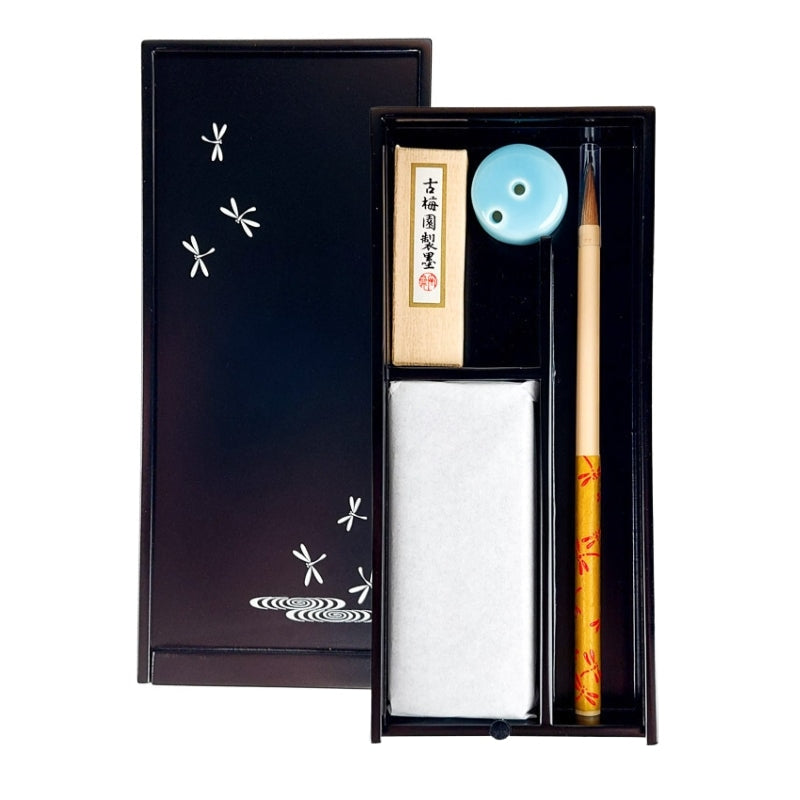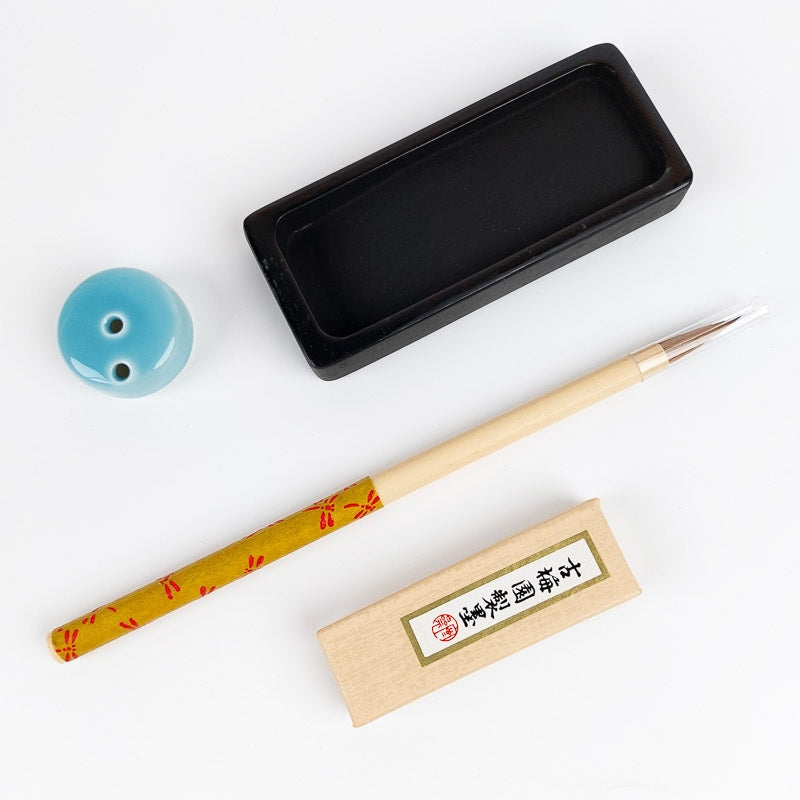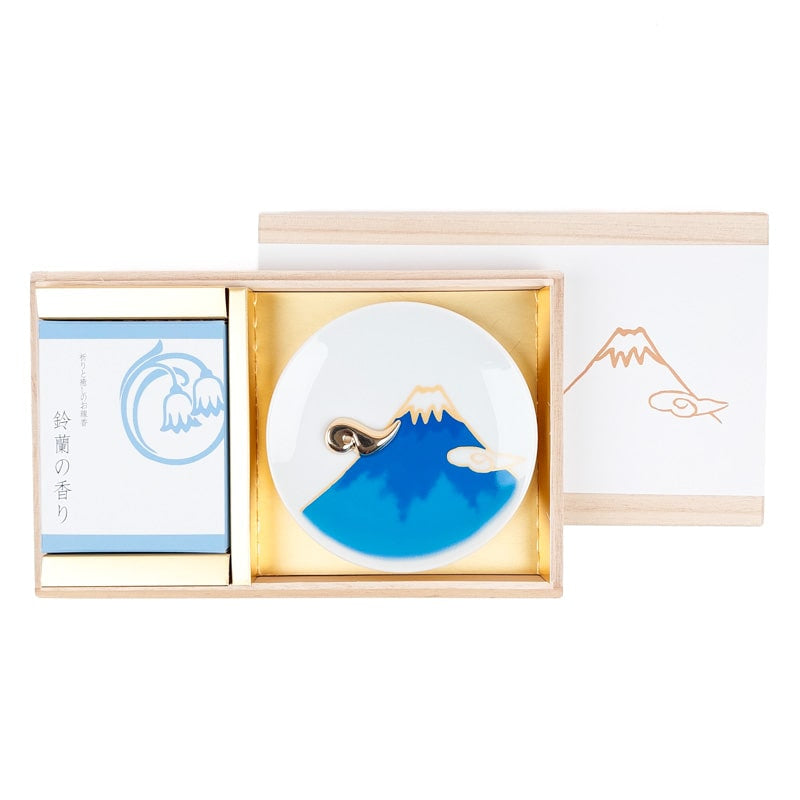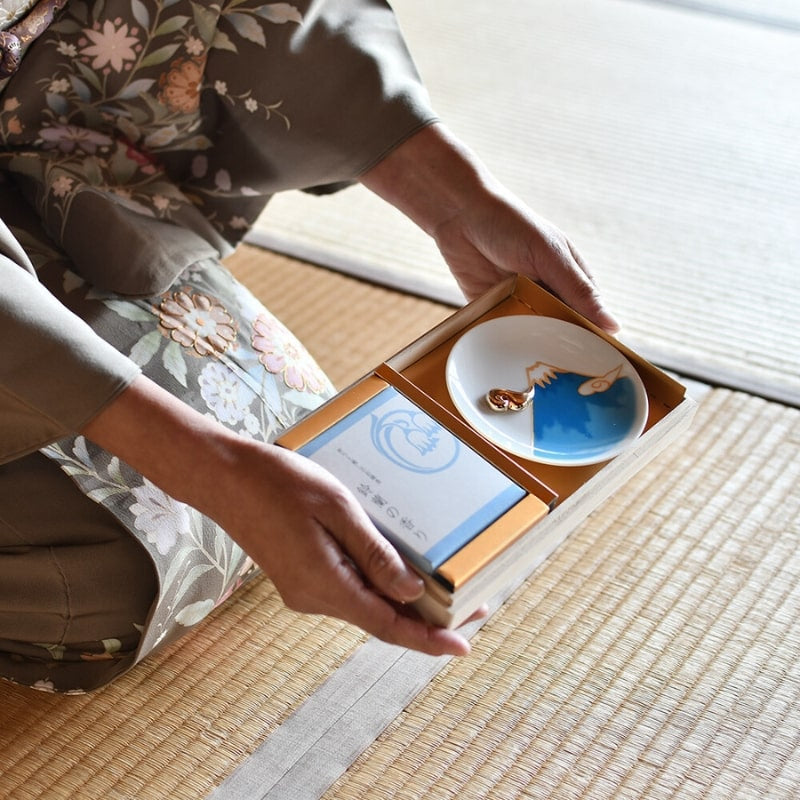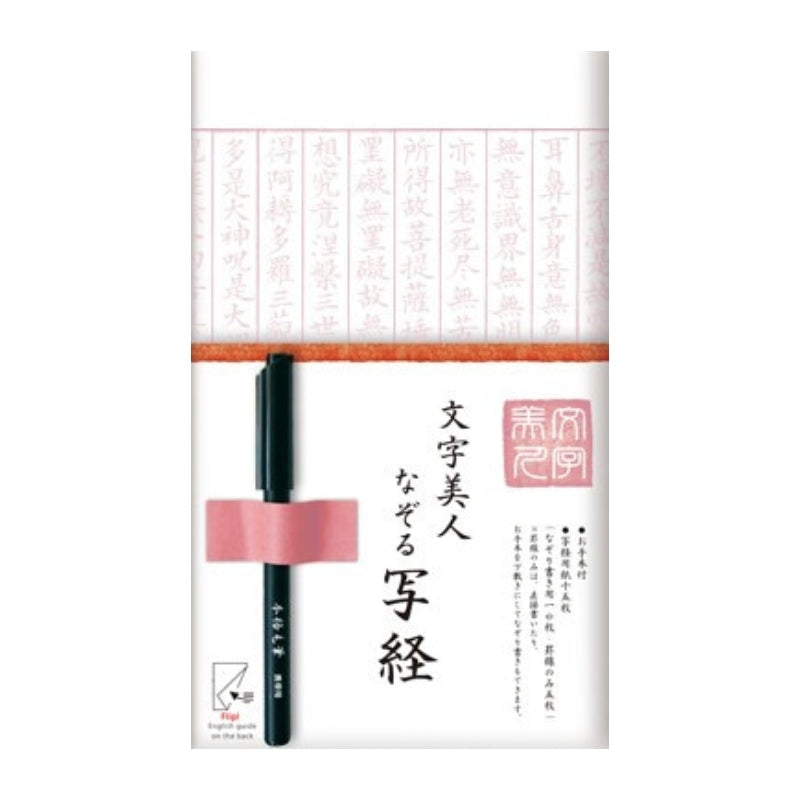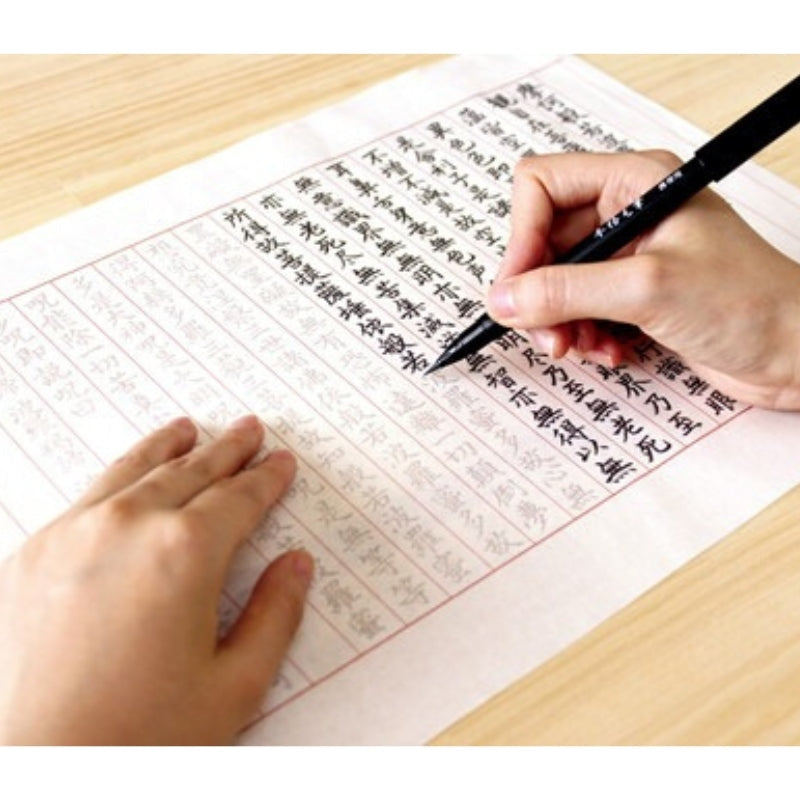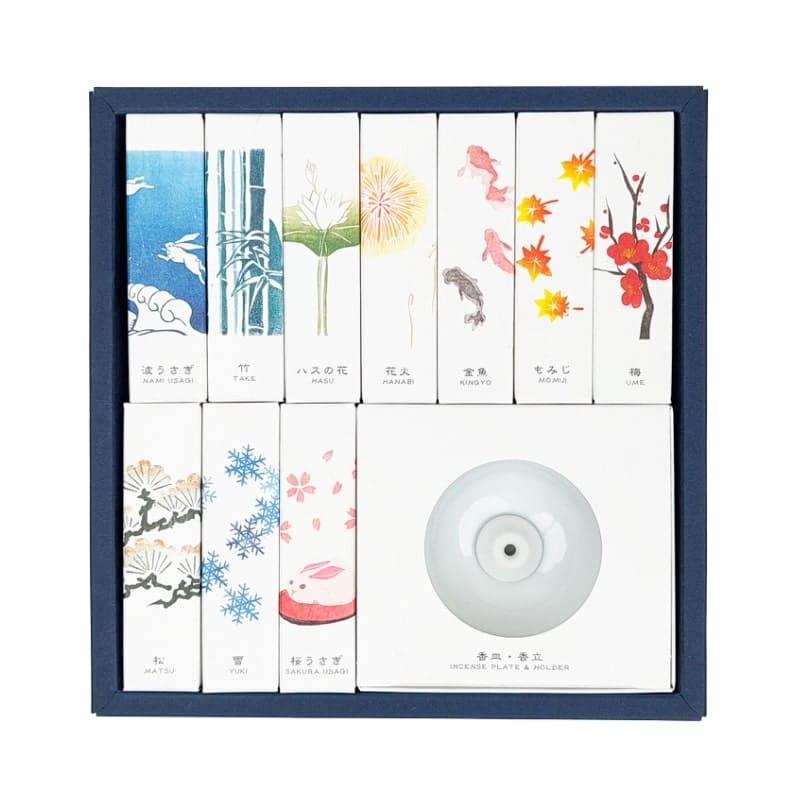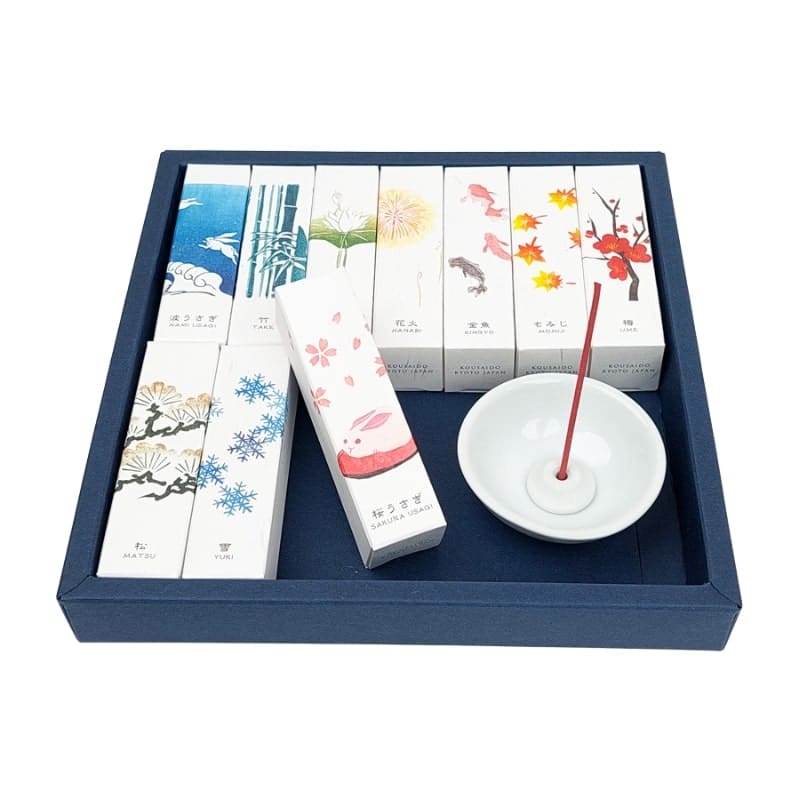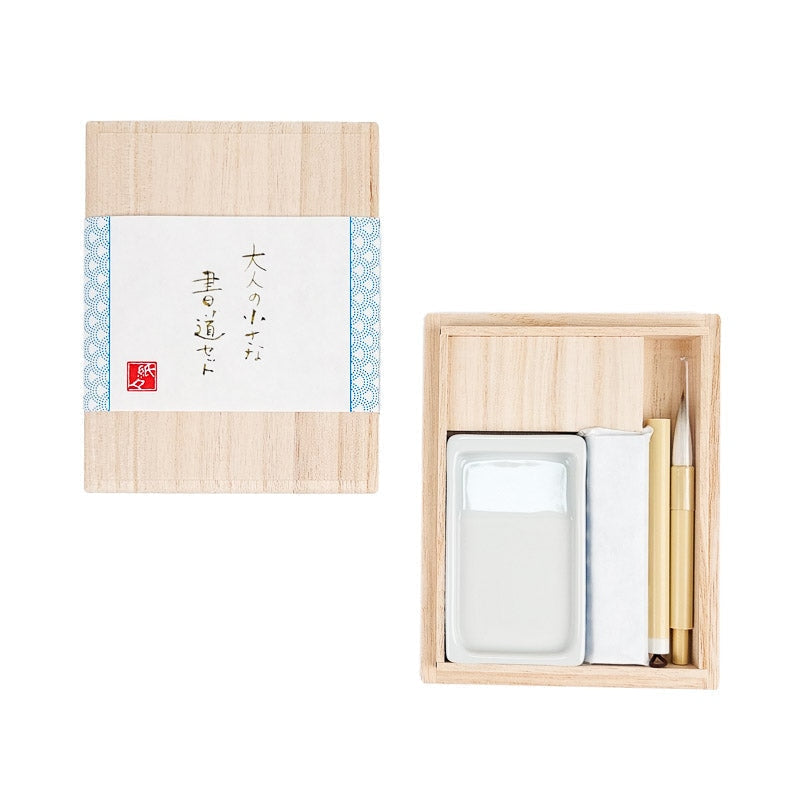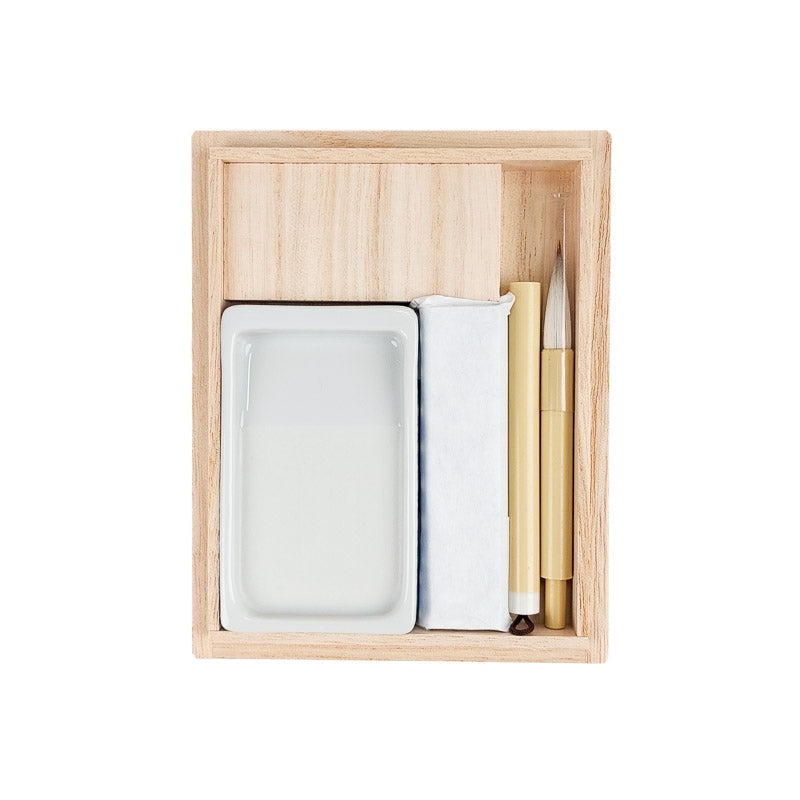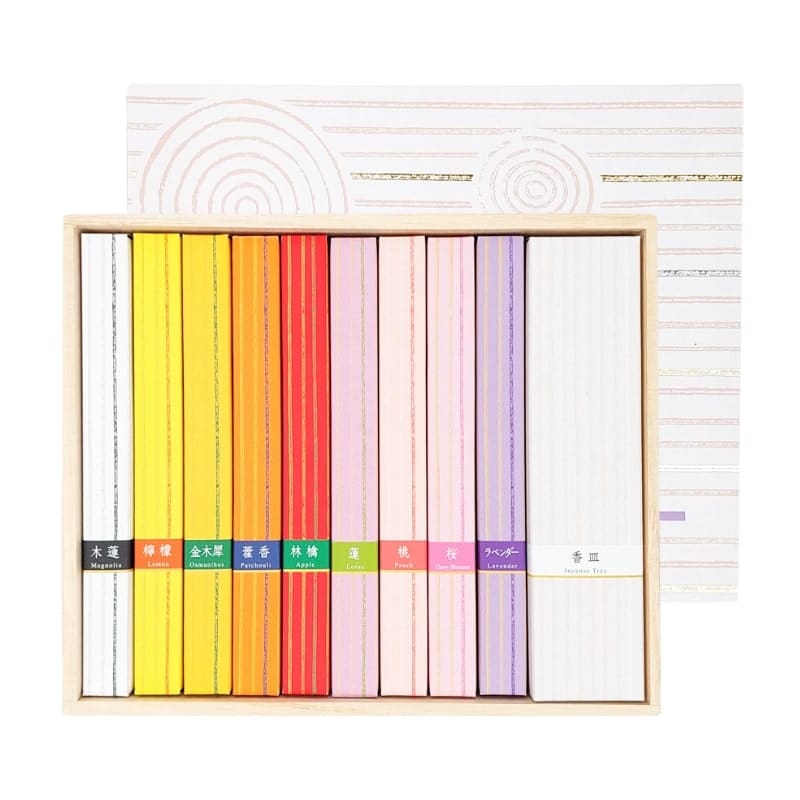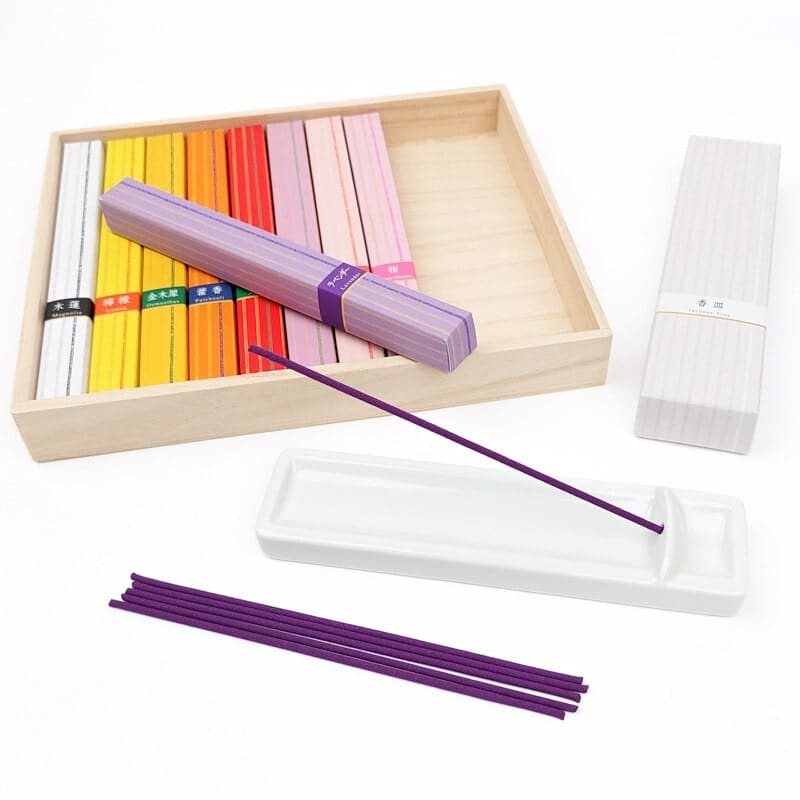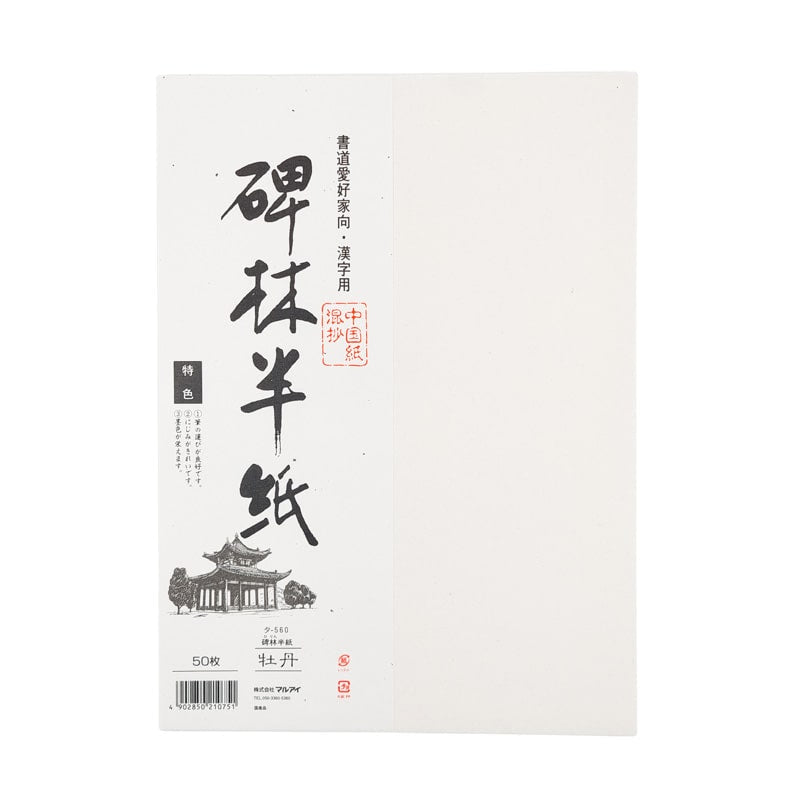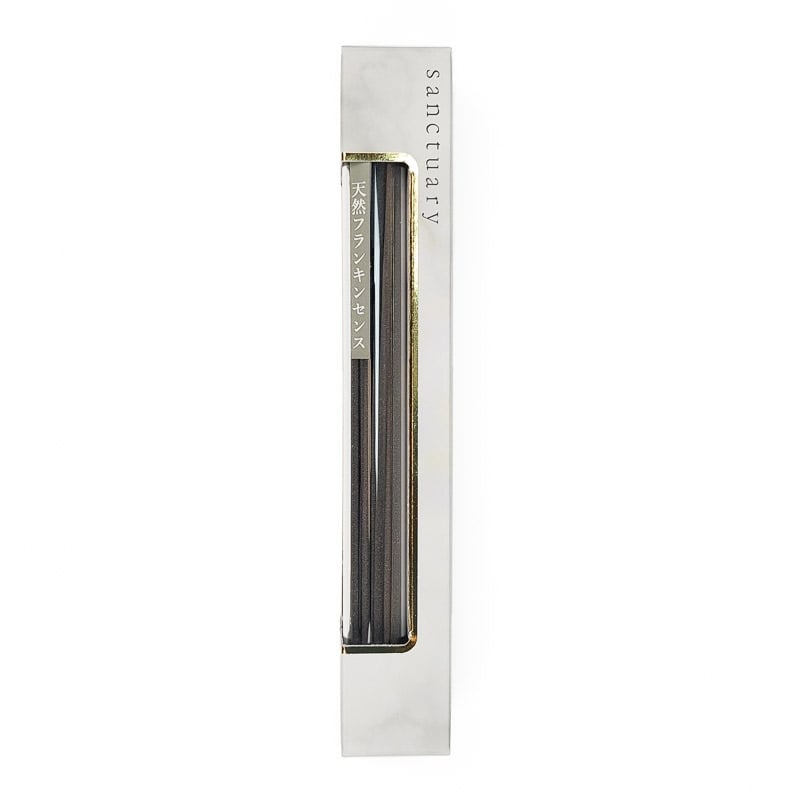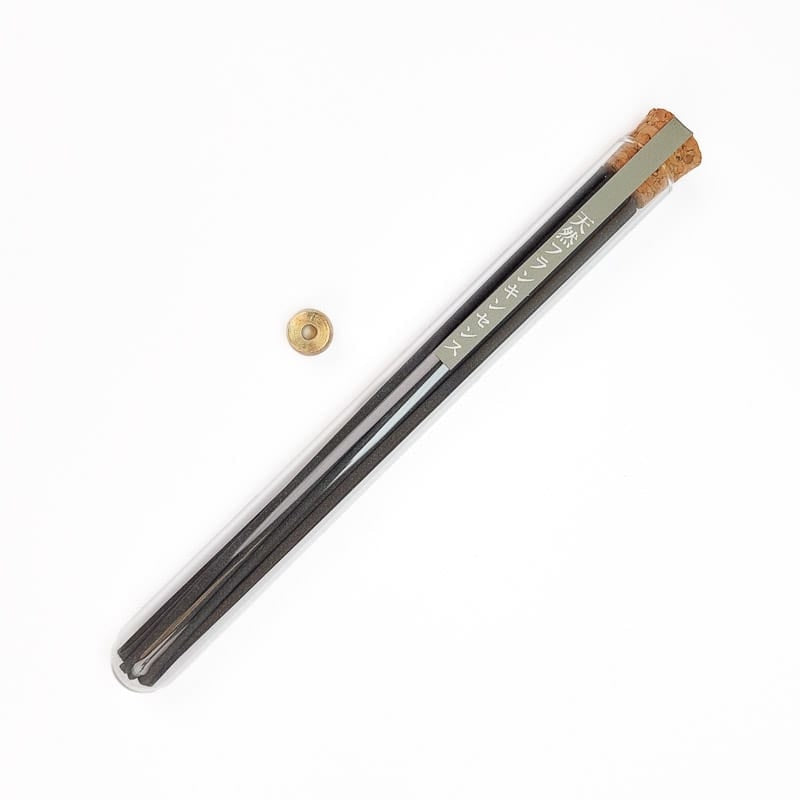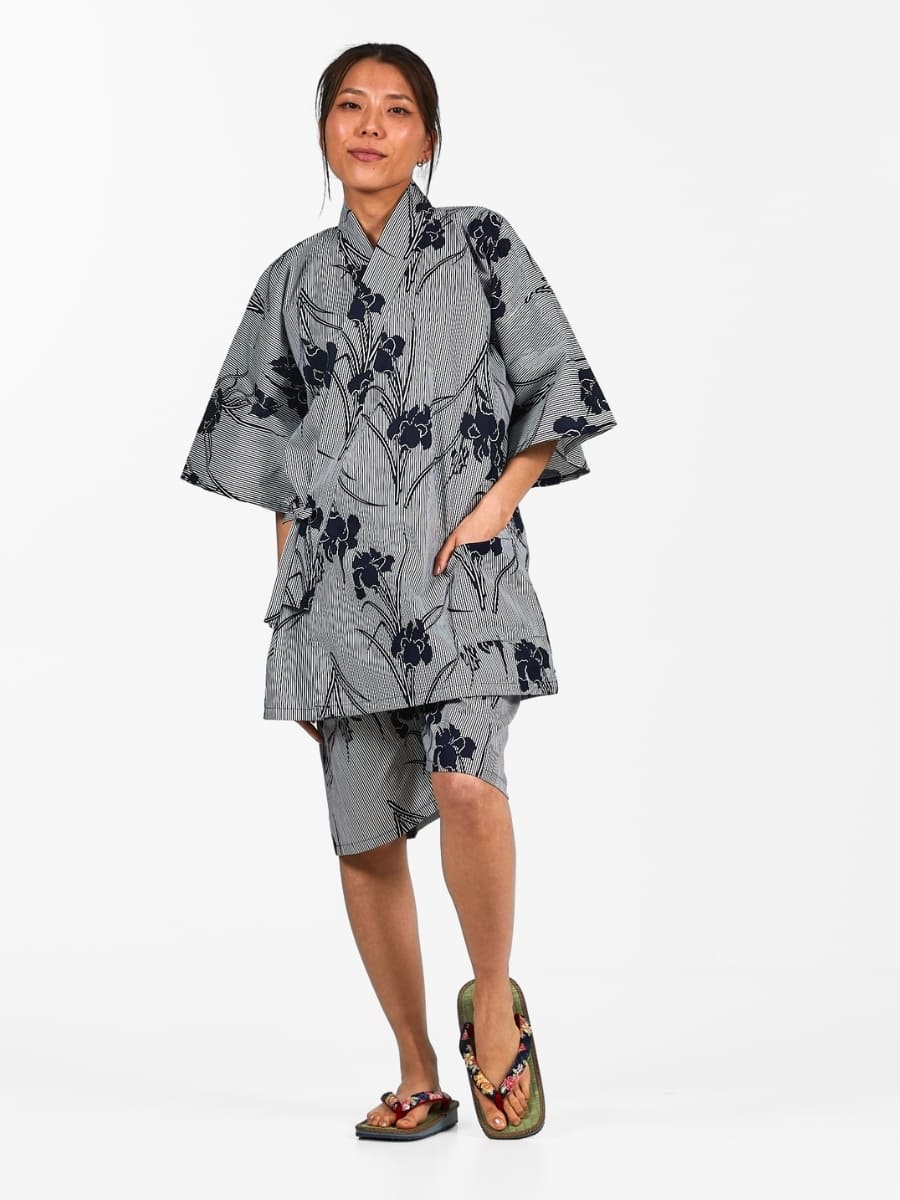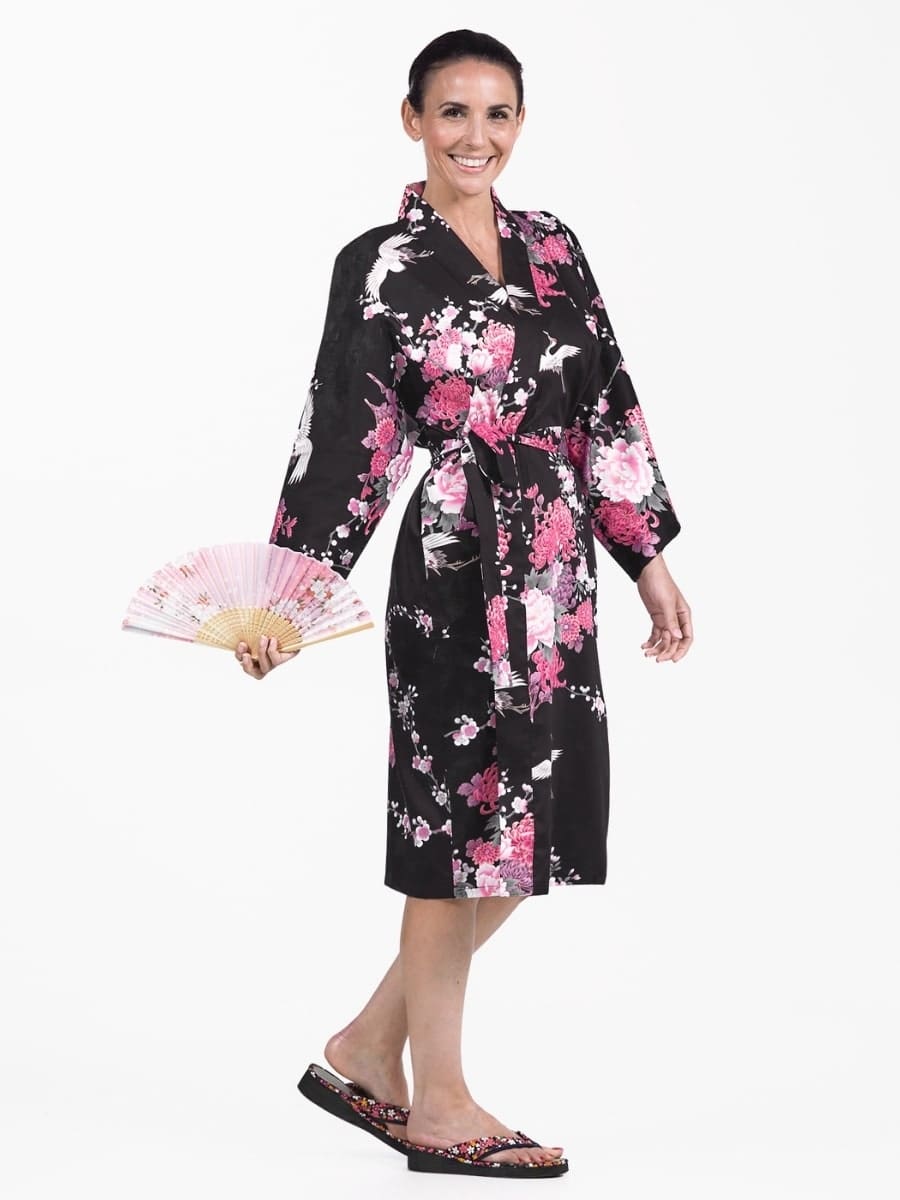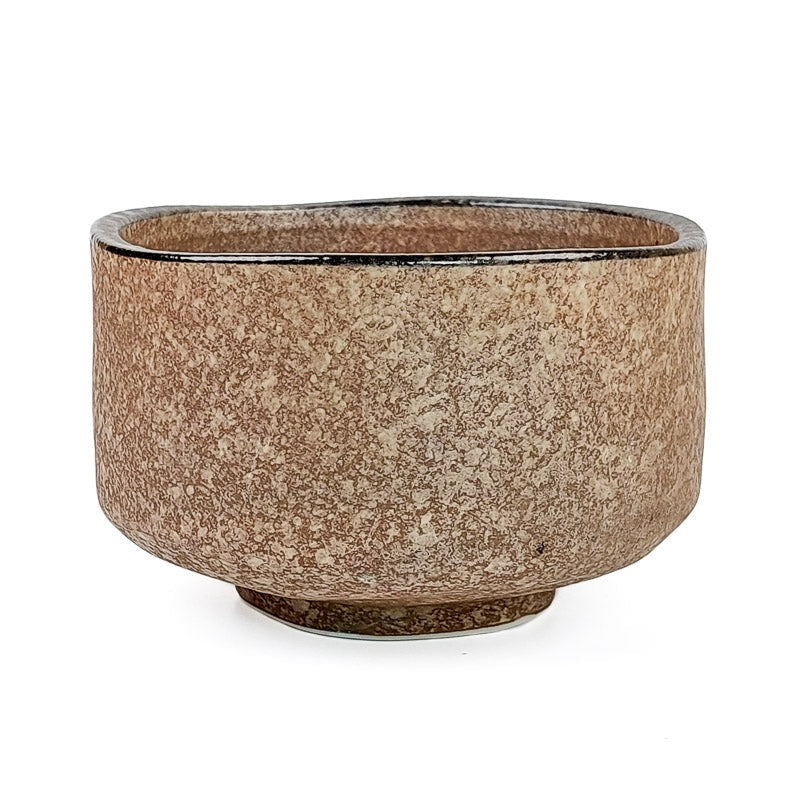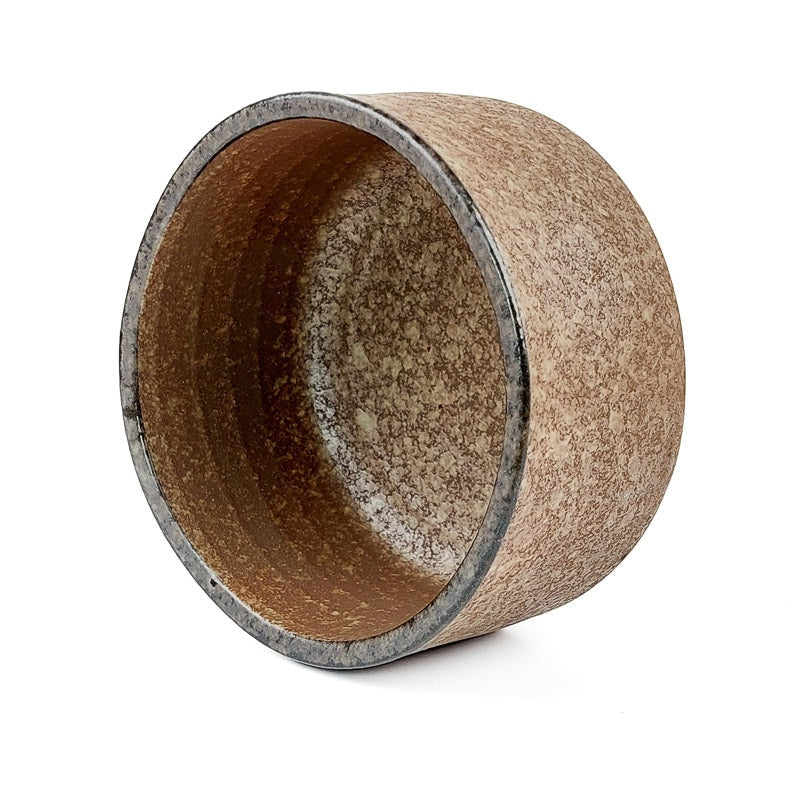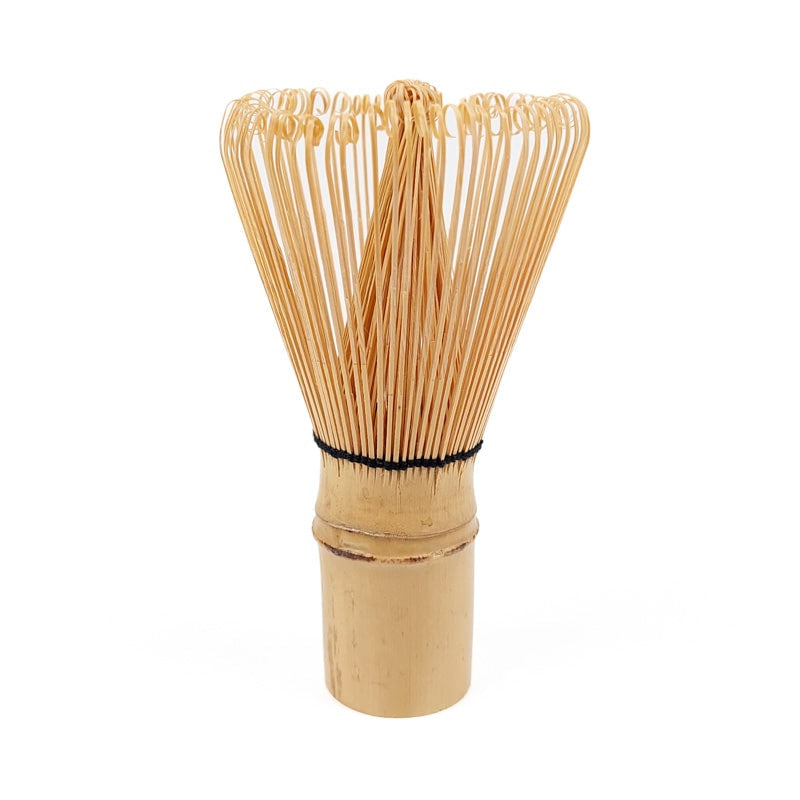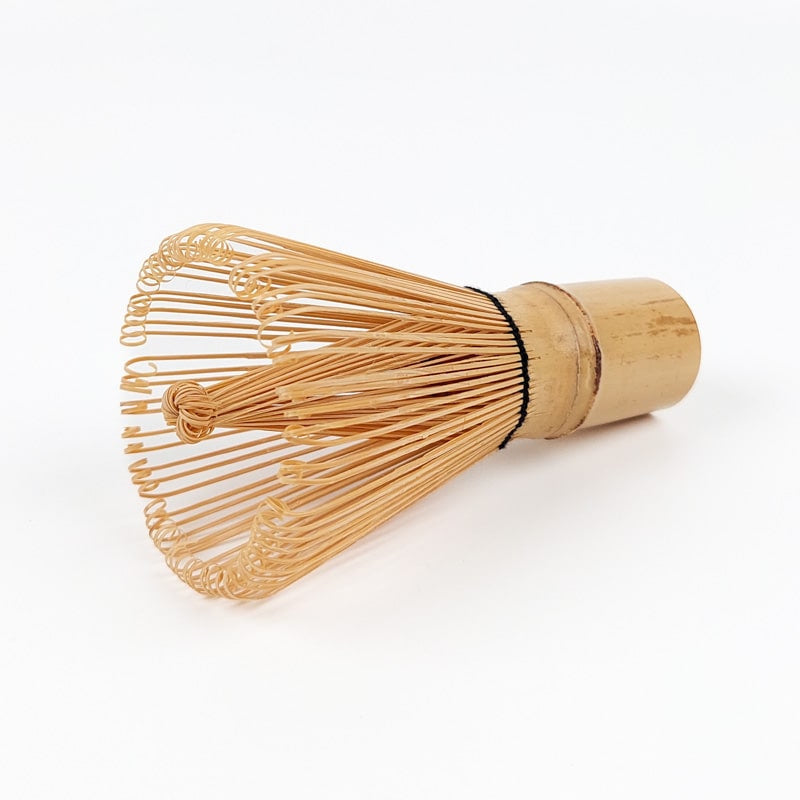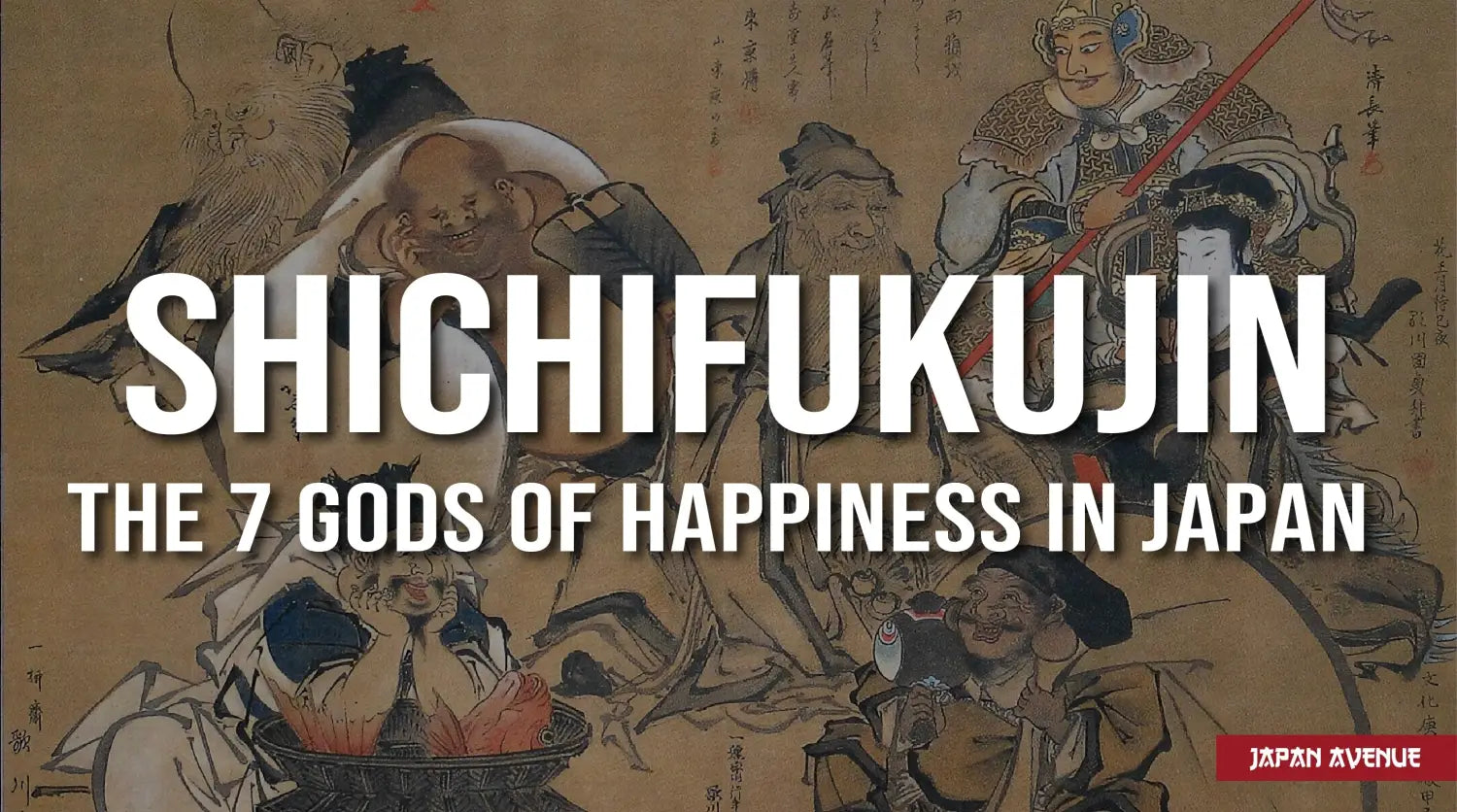The wabi-sabi philosophy, meditation, traditional arts... the Japanese Zen way of life is derived from Buddhism and its precepts. This religion was introduced in the archipelago around the 5th century via China and Korea and is divided into several schools. Zen, from the Mahayana branch, remains the most widely known form of Buddhism in the West.
Its influence is also found in the daily life of the Japanese people: the Zen current is reflected in Japanese culture and arts throughout the centuries, whether it is through meditation, calligraphy, Zen gardens or manga.
Are you dreaming of a serene life, free of stress? Discover the Japanese Zen way of life in 5 steps!
1. Focus on the essentials 🎯

In Japan, people do not burden themselves with the unnecessary. This state of mind is part of the wabi-sabi concept, a Japanese philosophy of life that advocates a return to the essential, natural beauty in its simplest and most imperfect form. In art, wabi-sabi can be expressed as unfinished lines with a search for simplification and impermanence.
To apply this Japanese philosophy in your daily life, simply focus on the essential. Negative thoughts and parasitic objects that only disperse vital energy are excluded. By adopting this approach, you will free yourself from stress and learn to better enjoy life. Wabi-sabi is about rediscovering the joy of simple things: the scent of a flower, a pleasant novel to read, a good moment shared with your family or the view of a beautiful landscape.
The wabi-sabi aspires to a way of life detached from material goods which are sources of environmental and spiritual pollution. Indeed, the latter create the illusion of an artificial happiness and distract us from the true fulfillment. Similarly, Japanese Zen people are not connected to the internet, but rather to nature which they deeply respect.
In a Zen interior, the furniture is limited to the strict minimum, the decor is sober and free of frills: no knick-knacks gathering dust! And what if you decide to only buy the necessary things from now on ? This avoids over-consumption and cluttering up the house. Moreover, a certain method of storage named "KonMari" has become very popular in Japan as well as throughout the rest of the world. This minimalist method advocates keeping only the essentials in order to create well-being at home. Are you ready to try it?
2. Apply mindfulness 🌱

Paying attention to what you feel, what you see, what you eat... mindfulness is an art of living derived from Zen Buddhism. It is not only about practicing zazen meditation, but also about changing your way of understanding the world, your link with the cosmos.
After clearing your home and freeing your mind of all unnecessary things, it is time to awaken your consciousness. Zen is above all about the art of concentration.
To do so, be fully present at every moment, in the here and now. Focus on what you feel inside; observe your perceptions and emotions without judgment. Boring and recurring activities such as tidying up the house or doing the dishes may seem uninteresting, but according to Zen philosophy, it is in the simplest things that we awaken our consciousness and inner peace, if we live them to the fullest.
3. Find your reason for being 🙏

As you already know, spirituality is essential in the Japanese Zen way of life. Now that you have started to live fully in the present moment, perhaps you will feel the need to give meaning to your existence?
Ikigai, which can be translated as the reason for being, is an inner quest that is very much present in the Land of the Rising Sun. The Japanese, driven by a strong collective consciousness, consider that everyone is supposed to bring something to the community. Between vocation, passion, profession and mission, ikigai answers existential questions.
Whether you are in the midst of a career change or simply looking for fulfillment, this spiritual quest will make you want to get up in the morning with a smile on your face.
4. Practice a traditional Japanese art ✍️
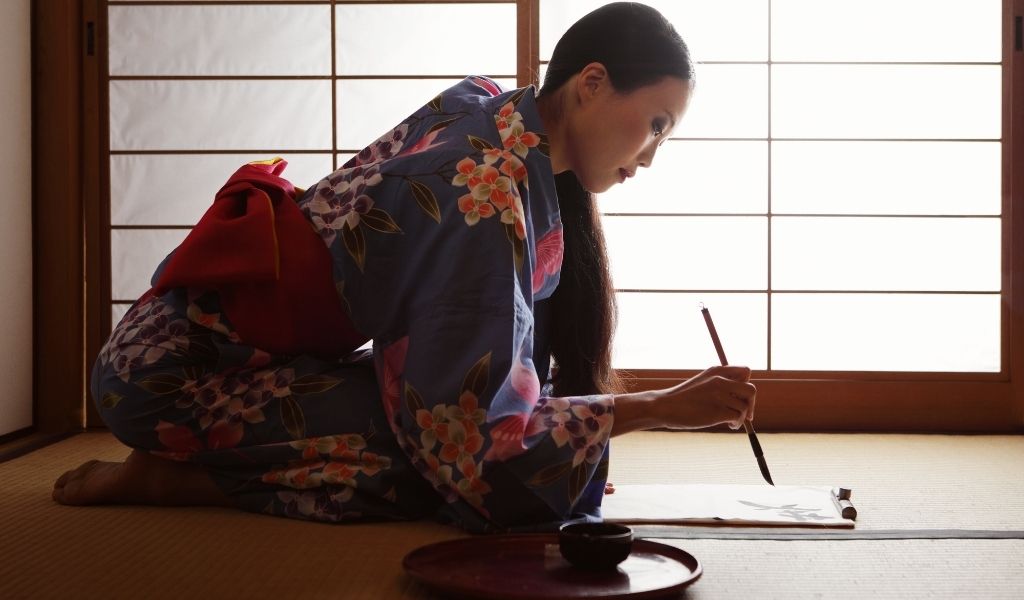
Did you know that many traditional Japanese arts are inspired by Zen Buddhism. For example, Ikebana or the "way of flowers" is based on the concept of wabi sabi by representing the cycle of life through pure and ephemeral compositions. This Zen practice will give you a moment of well-being, while developing your creativity. Moreover, it gives the opportunity to create a beautiful Zen decoration for your home!
In Japan, incense is being used since centuries in order to purify the atmosphere, to concentrate and to relax. Kodo or "the way of incense" is a ceremony that consists in recognizing and appreciating fragrances. If you wish to improve your concentration, this very refined Japanese art will sharpen your senses.
Calligraphy, or the "way of writing", is also a Zen art that relies on harmony, balance, the present moment and the energy created by breathing. Practicing calligraphy will reveal your life force.
Finally, the traditional art of kintsugi, which repairs broken objects, aspires to a true healing power. With this Japanese restoration technique, asymmetry, irregularities and natural wear and tear sublimate the objects. Practicing kintsugi is a great way to become more Zen.
5. Create your own zen ritual for relaxation 🥋

As you are reading this article from behind your screen, you may be wondering "How to apply a Japanese Zen lifestyle while living and working here and without looking like a weirdo?" The answer is easy, simply set up a little Zen ritual for yourself for the evening, after a long day at work. How about forgetting about your smartphone and getting into the habit of focusing on the present moment? The idea is to relax, slow down the hectic pace of modern society and get back to yourself.
- Start by getting comfortable by putting on a kimono and geta before moving to a quiet place.
- Turn off your phone. Be conscious of everything around you and what you are feeling inside.
- Take it easy and slow down your movements. You can light some incense or make yourself a cup of matcha tea for example. Take time to enjoy the present moment.
- Sit comfortably and take a deep breath to release stress before meditating.
- Breathe deeply and calmly in the lotus position if you are sufficiently flexible ;-) or any other posture that is comfortable for you.
- Try to clear your mind and focus on your sensations.
- After your Zen meditation session, you can also practice calligraphy or other traditional Japanese art that brings concentration and wisdom.
By adopting a Japanese Zen lifestyle, or simply some relaxing rituals, to relieve the stress of everyday life, you will gain serenity. It is time to enjoy life as you deserve. A true gift you are giving yourself!

